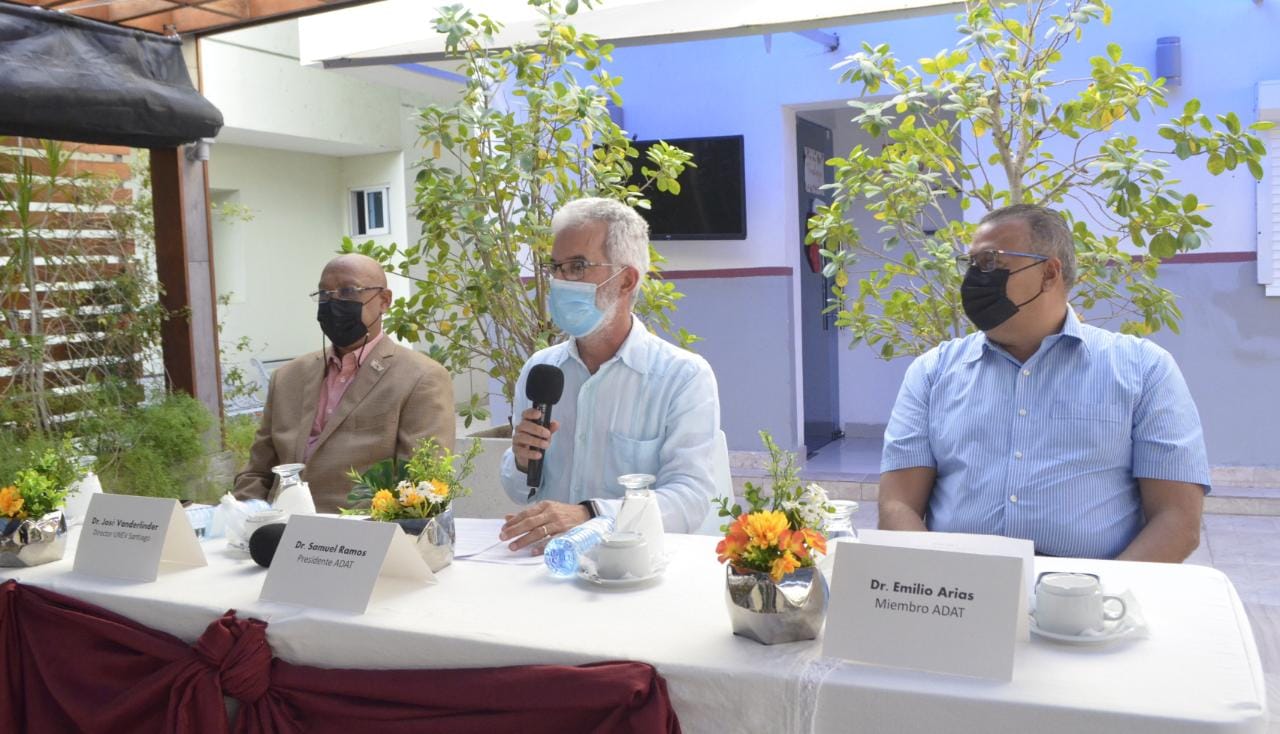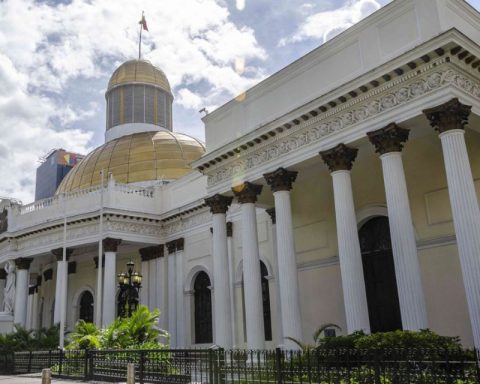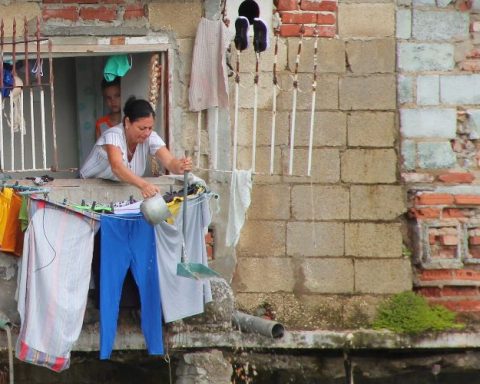Santiago – Recently, the Chamber of Deputies approved the bill that declares Dominican tobacco and cigars as cultural heritage of the Dominican Republic.
The legislative piece is now in the Senate of the Republic.
In this sense, the Dominican Anti-Tobacco Alliance (ADAT) asks the senators not to approve said project.
This, considering it an attack on the health of Dominicans and a violation of the international commitments signed by our country to reduce tobacco consumption and non-communicable diseases, such as cardiovascular diseases, cancer and lung diseases.
According to World Health Organization (WHO) statistics, smoking kills more than 8 million people a year, of which approximately 1.2 million are due to secondhand smoke exposure.”
In our country, more than 8 thousand people died last year as a result of tobacco use.
The WHO has also highlighted how tobacco consumption has an enormous economic cost for countries, which includes the “[…] high health costs of treating the diseases caused by tobacco use and the loss of human capital due to its morbidity and mortality
Despite this, surprisingly, a Bill that seeks to declare Dominican tobacco and cigars as cultural heritage of the country is currently being processed before the Senate of the Dominican Republic.
The Bill puts at serious risk not only the health of millions of Dominicans, by encouraging and promoting a product whose consumption puts its users at risk, sickens and kills, but also violates constitutional rights expressly enshrined in favor of the Dominican population (Right to Health, and Right of minors to be protected for the benefit of their harmonic and comprehensive development, among others).
Likewise, the project encourages the adoption of actions that promote products that threaten the health and well-being of the population, to the detriment of efforts and legal norms that precisely consecrate the dangerousness of tobacco (this dangerousness has already been consecrated by the Congress of the Republic Dominican Republic in Law No. 42-01, General Health Law, and Law No. 48-00, which prohibits smoking indoors indoors).
The approval of the Bill will have as a necessary correlate the serious decrease in the levels of protection with which the Right to Health is currently protected in the Dominican Republic.
This is particularly serious, since any approach that places the Human Rights of the Dominican population at the center of public decision-making must necessarily condemn any setback in the way in which the health of millions of Dominicans is today protected.
The Bill puts such protection at risk, which is totally unacceptable.


















